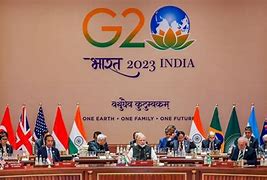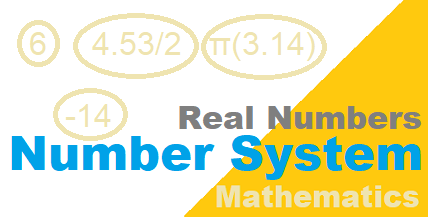VARIOUS TYPES OF NUMBERS
1. NATURAL NUMBERS: Counting numbers are called natural numbers. Thus, 1,2,3,4….. are all natural numbers.
2. WHOLE NUMBERS: All counting numbers, together with 0, form the set of whole numbers. Thus, 0,1,2,3,4….. are all whole numbers.
3. INTEGERS: All counting numbers, zero and negatives of counting numbers, form the set of integers.Thus, ……….,-3, -2, -1, 0, 1, 2, 3, ……. are all integers.
Set of positive integers = {1, 2, 3, 4, 5, ……}
Set of negative integers = {-1, -2, -3, -4, -5, …….}
Set of non-negative integers = {0, 1, 2, 3, ,4 ,5 , …}
4. EVEN NUMBERS: All counting numbers divisible by 2 are called even numbers.Thus, 0, 2, 4, 6, 8, 10, 12, …. are all even numbers.
5. ODD NUMBERS: All counting numbers which are not divisible by 2 are called odd numbers.Thus, 1, 3, 5, 7, 9, 11, 13, …. .. are all odd numbers.
6. PRIME NUMBERS: A counting number is called a prime number if it has exactly two factors, namely itself and 1. Ex. All prime numbers less than 100 are: 2, 3, 5, 7, 11, 13, 17, 19, 23, 29, 31, 37, 41, 43, 47, 53, 59, 61, 67, 71, 73, 79, 83, 89, 97.
7. COMPOSITE NUMBERS: All counting numbers, which are not prime, are called composite numbers. A composite numbers has more than 2 factors.
8. PERFECT NUMBERS: A number, the sum of whose factors(except the number itself) is equal to the numbers is called a perfect number, eg. 6, 28, 496.
The factors of 6 are 1, 2, 3 and 6. And, 1+2+3 = 6.
9. CO-PRIMES(OR RELATIVE PRIMES): Two numbers whose HCF is 1 are called co-prime numbers. Ex. (2,3), (8,9) are pairs of co-primes.
11. RATIONAL NUMBERS: Numbers which can be expressed in the form p/q, where p and q are integers and q =/= 0, are called rational numbers. Ex. 1/8, -8/11, 0, 6 etc.
12. IRRATIONAL NUMBERS: Numbers which when expressed in decimal would be in non-terminating and non-repeating form, are called irrational numbers. Ex. √2, √3, √5, Π, 0.231764735….etc.
.png)



















.jpg)








 Real Numbers
Real Numbers